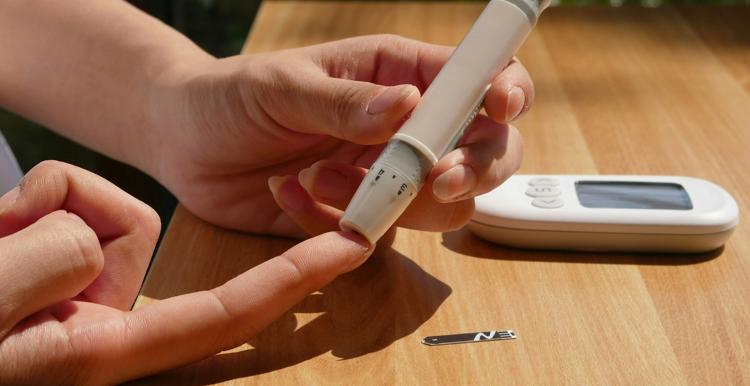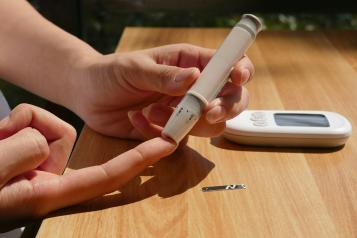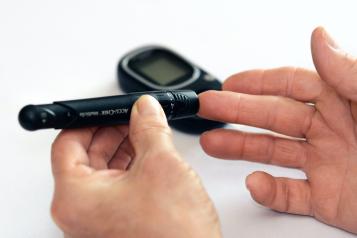Diabetes Awareness: Diabulimia

Diabulimia is a dangerous behaviour. It may be accompanied by other disordered eating patterns—such as food restriction, bingeing, purging, laxative misuse, and over-exercising—and places individuals at high risk of diabetic ketoacidosis (DKA), serious long-term complications, and reduced life expectancy.
Yet there is very little awareness of the condition, even amongst medical practitioners.
Why Diabulimia Is Not Widely Recognised—Including in the NHS
1. Absence of Formal Diagnosis
Diabulimia is not included in the DSM-5 nor formally recognised as a psychiatric disorder, which contributes to its invisibility in clinical settings.
2. Misleading Terminology & Dismissal
As a “portmanteau” (diabetes + bulimia), the term can mislead—some clinicians may underestimate its severity because it doesn’t fit traditional definitions of anorexia or bulimia. There's also a cultural stigma: sufferers are often misunderstood as being “non-compliant” or attention-seeking.
3. Lack of Training & Awareness
Many healthcare professionals lack the training needed to identify insulin manipulation as an eating disorder. As a result, signs often go unrecognised, delaying intervention until serious complications arise.
4. Limited NHS Recognition, But Growing
- NICE (2017) included guidance on managing insulin omission in diabetes-related eating disorders.
- NHS England has piloted services—especially in London and the South Coast—that integrate mental health and diabetic care for diabulimia, including structured meal planning, insulin management, therapy, and specialist training.
Yet, there is no widespread NHS-wide protocol or formal classification, meaning many individuals still slip through the gaps.
As someone who experienced diabulimia, I faced many years with my condition unrecognised. This meant that I did not receive the support I needed. It is so important that healthcare professionals are aware of this type of eating disorder and provide holistic care for people with diabetes.
Chloe Gunstone, Senior Research Manager
Spotlight on Type 2 Diabetes Awareness in Hertfordshire
The lack of recognition of diabulimia is part of a pattern of systemic gaps in diabetes care and support, as we recently drew attention to in our study into type 2 diabetes.
Key findings:
- General awareness of type-2 diabetes and its risks is high—but 60% of diagnosed individuals still feel under-supported in managing the condition.
- Only 55% of high-risk individuals were referred to the NHS Diabetes Prevention Programme.
- Many people lacked understanding of serious complications like kidney disease or stroke.
- Support programmes like DESMOND (structured education) and NHS Health Checks were not reaching everyone who could benefit.
This study—by highlighting both awareness and gaps in support—underscores the importance of education and proactive services for chronic conditions. A similar sense of urgency will be required to address the shortcomings in provision for diabetes-linked disordered eating.
Conclusion & Call to Action
Diabulimia is a severe but under-recognised condition that merges the medical complexities of type 1 diabetes with the psychological and physical harm of disordered eating. Despite its high stakes, it remains largely absent from formal NHS diagnoses, clinical training, and public awareness.
Our study on type-2 diabetes shows the value of a proactive model, whilst also shining a light on public knowledge and service inequalities for type-2 diabetes to guide future service improvements. A similar approach for diabulimia—through education, early detection, integrated services, and public campaigns—could save lives.


